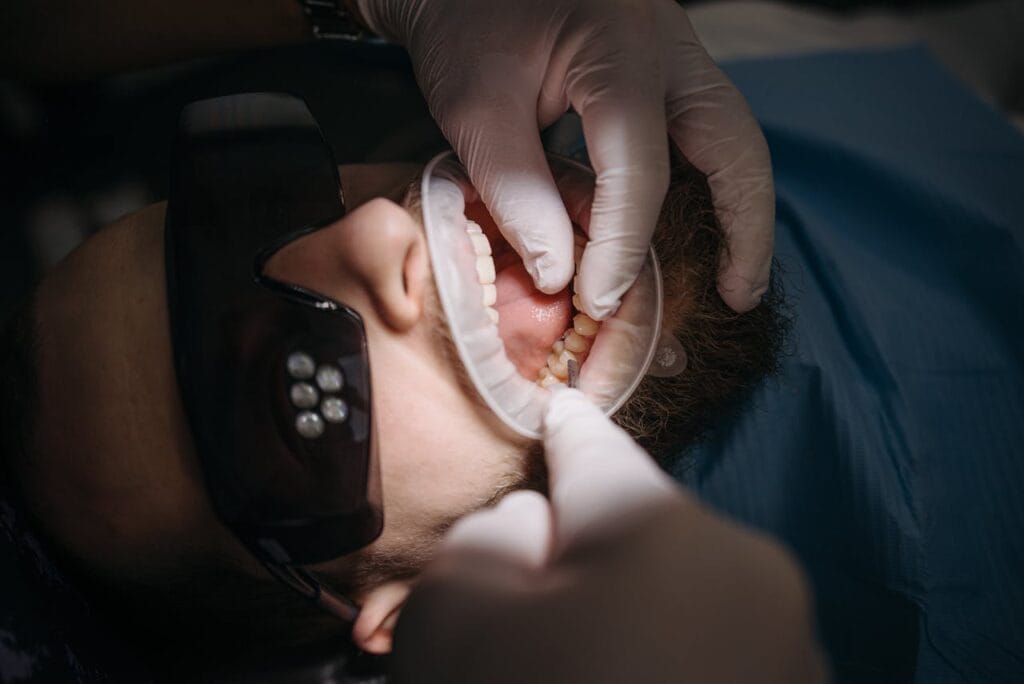
When you’re told you need a root canal, your mind naturally jumps to concerns about pain, recovery, and—inevitably—cost. If you’re considering a root canal in Singapore, the decision becomes even more layered as you weigh the pros and cons of public versus private dental care. Each option offers unique advantages in terms of pricing, availability, and clinical approach. Making an informed choice requires a clear understanding of what each setting offers—and what you can expect before, during, and after the procedure.
Introduction: What Is a Root Canal and Why Might You Need One?
A root canal is a dental treatment that removes infected or inflamed pulp tissue from inside a tooth. This procedure is typically recommended when decay, trauma, or repeated dental work has compromised the inner nerve of the tooth. Without proper treatment, infection can spread to surrounding tissues, resulting in swelling, abscesses, or even tooth loss.
Dentists use root canal therapy to preserve natural teeth, reduce pain, and avoid more invasive procedures like extractions or implants. In Singapore, you can undergo this procedure at polyclinics, public hospitals, or private dental clinics—each offering different pros and cons.
Key Differences Between Public and Private Dental Clinics
Let’s examine how these two systems differ based on several critical factors:
1. Waiting Times
- Public Clinics: Expect longer wait times. Polyclinics often refer patients to government hospitals where dental specialists may have weeks or even months-long queues.
- Private Clinics: Appointments are typically faster. Some clinics offer same-day or next-day availability, particularly for emergencies.
Verdict: If your pain is severe or you’re on a tight schedule, private care may be more time-efficient.
2. Costs and Subsidies
- Public Sector: Generally more affordable. Subsidies like CHAS (Community Health Assist Scheme) or MediSave may apply. However, these only cover part of the cost, and you might still need to pay for imaging, crowns, or follow-up treatments.
- Private Clinics: More expensive upfront, but often offer price transparency and flexible payment plans. Some are CHAS-accredited as well.
| Clinic Type | Estimated Root Canal Cost | CHAS/MediSave Applicable? |
| Public (Polyclinic Referral) | $300 – $800 | Yes |
| Public (Hospital Specialist) | $500 – $1,200 | Yes |
| Private Clinic | $800 – $1,600 | Some accept CHAS / Medisave |
3. Technology and Equipment
- Public Clinics: Government facilities are well-equipped but may not always have the latest tools available in all locations.
- Private Clinics: Many offer microscopic endodontics, digital X-rays, and 3D CBCT imaging, which enhance accuracy and efficiency.
Modern tools help reduce the chance of missed canals or reinfection—factors that can impact long-term outcomes.
4. Dentist Experience and Specialization
- Public Clinics: Dentists may rotate across departments. You could be seen by a general dentist or junior specialist depending on availability.
- Private Clinics: You often get treated by a dedicated endodontist (a specialist in root canals) with more experience in managing complex cases.
That said, both public and private providers in Singapore are well-trained and licensed by the Singapore Dental Council. The main difference lies in consistency and specialization.
5. Patient Experience and Support
- Public Sector: Expect a more clinical, queue-based environment. Consultations may be brief due to volume.
- Private Clinics: More personalized, with dedicated care coordinators, clear communication, and quieter environments.
Many patients choose private care not only for comfort, but for clarity in treatment options, post-procedure care, and follow-up schedules.
Conclusion: Weighing Speed, Cost, and Care Quality
Ultimately, the choice between public and private clinics for a root canal in Singapore comes down to your priorities. If you’re managing costs and can wait, the public system offers professional care at subsidized rates. But if time, comfort, and specialized equipment matter more to you, private clinics provide speed and customization worth the extra cost.
It’s not just about price—it’s about value, efficiency, and clarity. Be sure to consult more than one provider and ask about the specific procedure steps, follow-up care, and recovery timeline.
Clinics like Nuffield Dental, for instance, are known to combine modern technology with a patient-first approach, offering thorough consultations and transparent pricing. But wherever you go, always prioritize clear communication and professional accreditation.
FAQs: Making Sense of Your Root Canal Decision
Is There a Big Difference in Pain Management?
Not really. Both sectors use local anesthesia, and post-op discomfort is generally well managed with prescribed medication.
Can I Use Insurance for a Root Canal?
Yes, but it depends on your policy. Some plans cover specialist dental procedures, while others don’t. Always check with your provider first.
What if My Child Needs a Root Canal?
Pediatric root canals require special handling. Private pediatric dentists usually offer faster access and sedation options, while public hospitals have pediatric departments but longer wait times.
Is a Crown Always Needed After a Root Canal?
In most cases—yes. Especially for molars, where chewing pressure is high. This applies regardless of whether you’re treated publicly or privately.





